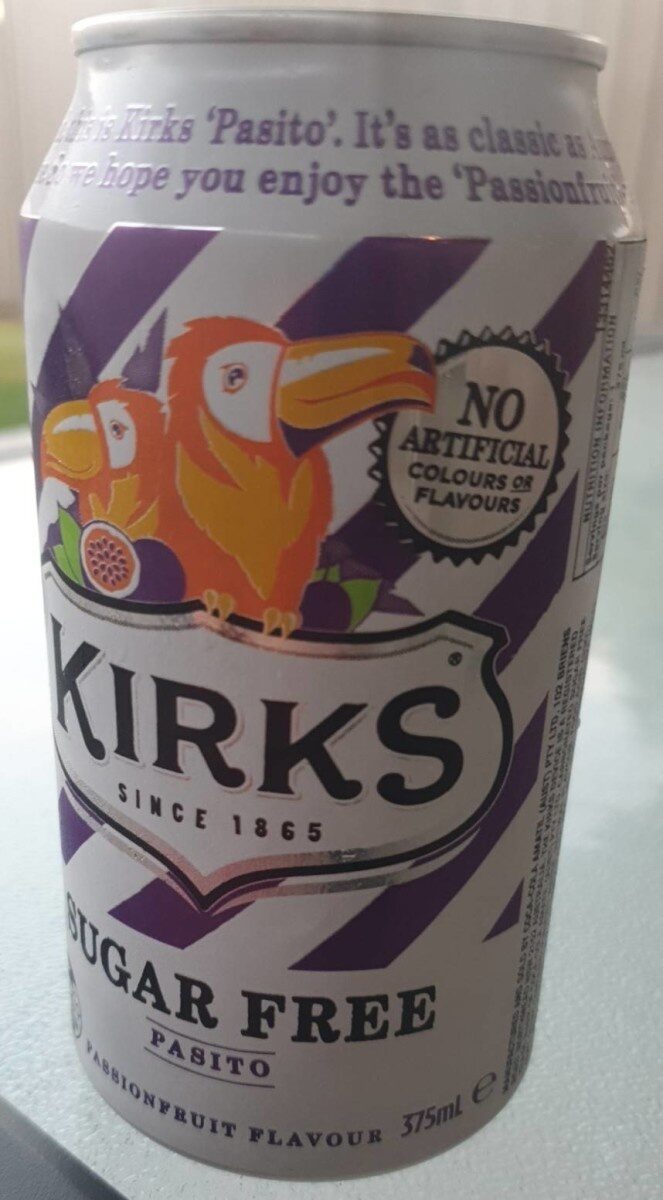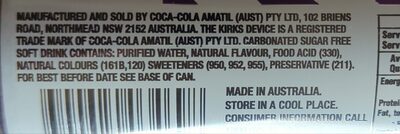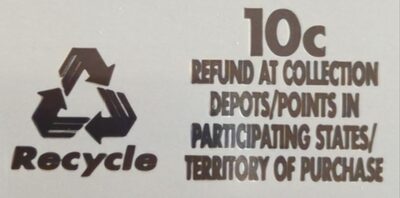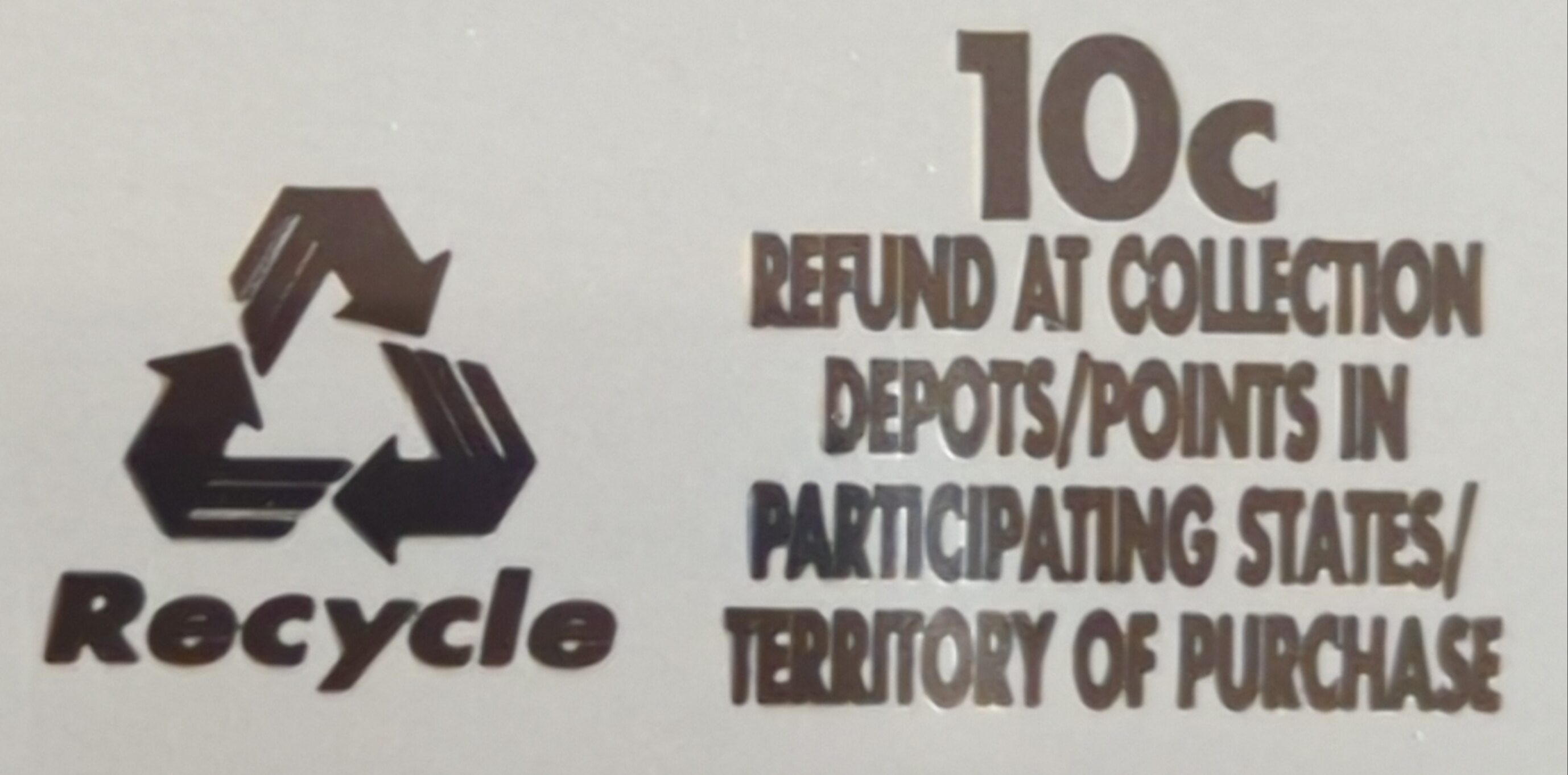Sugar Free Pasito - Kirks - 375 ml
This product page is not complete. You can help to complete it by editing it and adding more data from the photos we have, or by taking more photos using the app for Android or iPhone/iPad. Thank you!
×
Barcode: 9300624034698 (EAN / EAN-13)
Quantity: 375 ml
Brands: Kirks
Categories: Plant-based foods and beverages, Beverages, Plant-based foods, Fruits and vegetables based foods, Fruits based foods, Carbonated drinks, Fruits, Waters, Tropical fruits, Carbonated soft drinks without fruit juice, Carbonated waters, Carbonated soft drink without fruit juice without sugar and with artificial sweeteners, Passion fruits
Origin of ingredients: Australia
Countries where sold: Australia
Matching with your preferences
Report a problem
Data sources
Product added on by foodvisor
Last edit of product page on by yoghurt.
Product page also edited by jterrier, kiliweb, naruyoko, openfoodfacts-contributors, yuka.sY2b0xO6T85zoF3NwEKvlkYeWf7XvBT8Fiz6uHaOm-zQFLu0bvJ0uJfUYqs.











